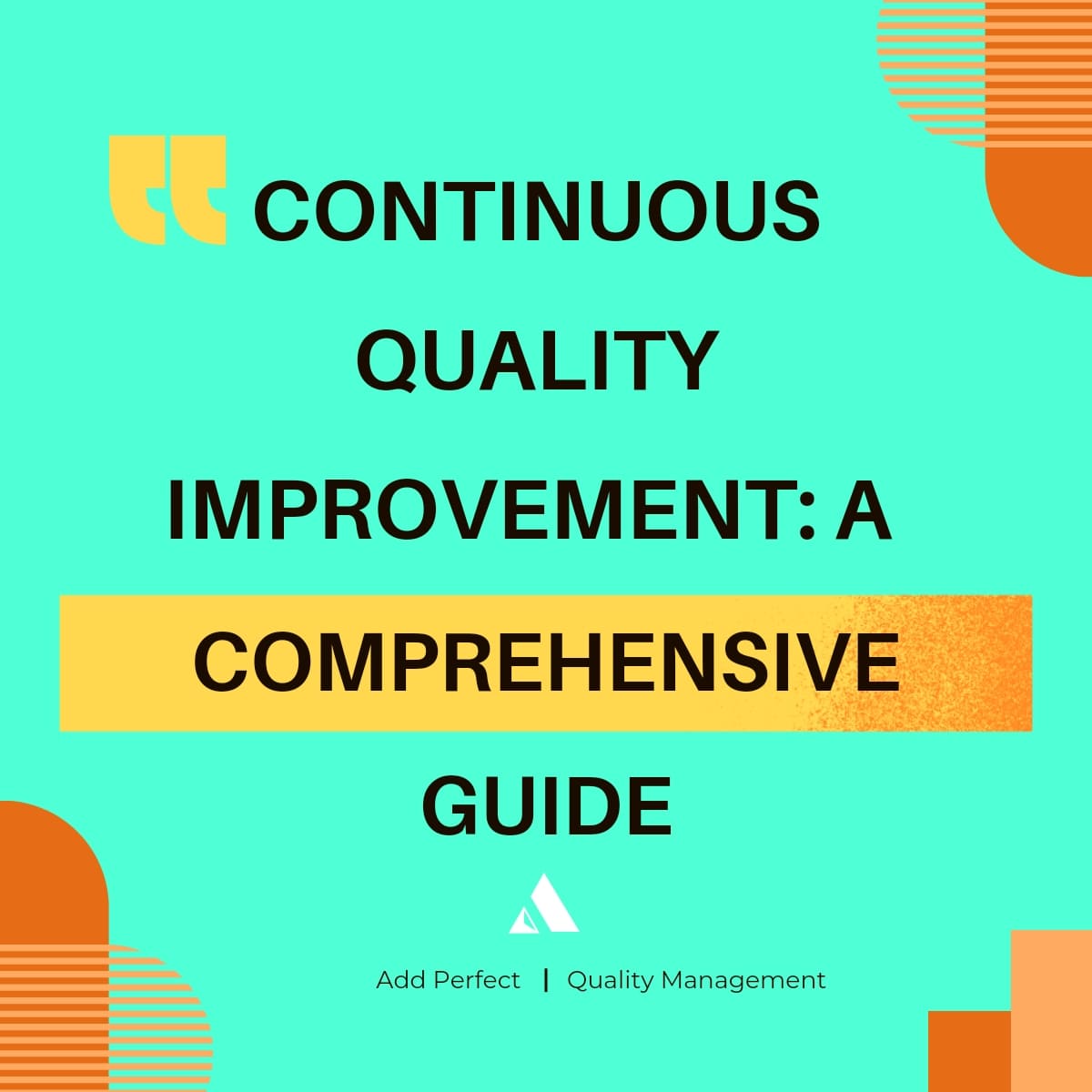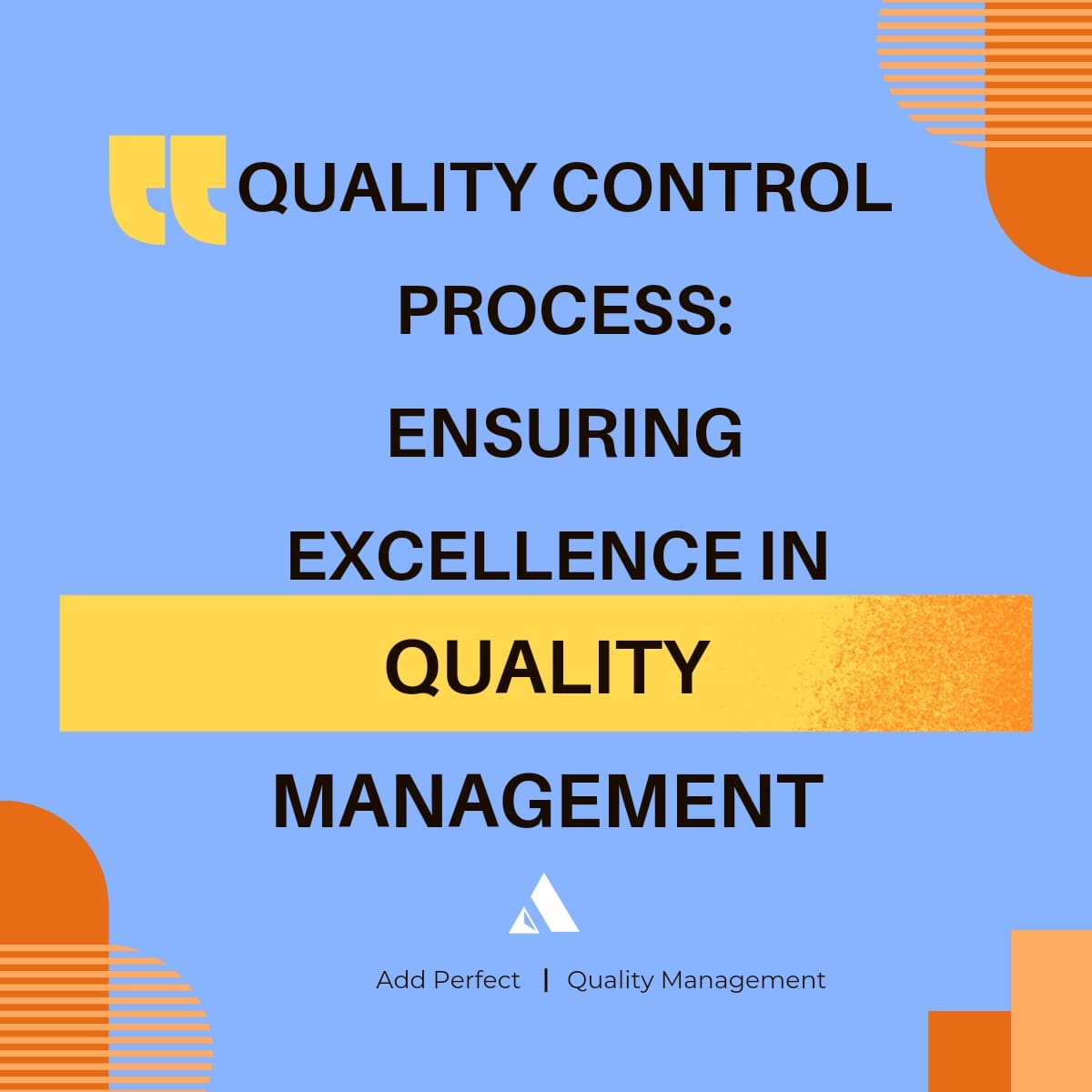In today’s competitive business landscape, maintaining high standards of quality is crucial for organizational success. Enter the Quality Assurance Specialist, a pivotal role in ensuring products and services meet established quality criteria. This article delves into the responsibilities, skills, and career paths of a Quality Assurance Specialist, providing a comprehensive guide for aspiring professionals and organizations alike.

What is a Quality Assurance Specialist?
A Quality Assurance Specialist is a professional dedicated to overseeing and improving the quality of products, processes, and services. They ensure that the company’s output meets industry standards and customer expectations, thereby enhancing the brand’s reputation and customer satisfaction.

Key Responsibilities of a Quality Assurance Specialist
The role of a Quality Assurance Specialist varies across industries but generally includes the following core responsibilities:
- Developing Quality Standards
- Establishing and documenting quality standards, procedures, and guidelines.
- Ensuring these standards comply with industry regulations and company policies.
- Implementing Quality Assurance Processes
- Designing and implementing quality assurance programs and procedures.
- Conducting regular audits and inspections to ensure compliance with established standards.
- Monitoring and Reporting
- Continuously monitoring quality metrics and performance indicators.
- Preparing detailed reports on quality issues, findings, and improvement recommendations.
- Collaborating with Cross-Functional Teams
- Working closely with production, engineering, and management teams to address quality issues.
- Facilitating communication and coordination across departments to enhance quality outcomes.
- Training and Development
- Training employees on quality standards, procedures, and best practices.
- Promoting a culture of continuous improvement and quality awareness within the organization.
- Identifying and Resolving Quality Issues
- Investigating and resolving product or service quality complaints.
- Implementing corrective and preventive actions to address root causes of quality issues.
Essential Skills for a Quality Assurance Specialist
To excel as a Quality Assurance Specialist, one must possess a blend of technical expertise and soft skills. Here are some critical skills required for this role:
- Attention to Detail
- A keen eye for detail to identify discrepancies and ensure compliance with quality standards.
- Analytical Thinking
- Strong analytical skills to interpret data, identify trends, and make data-driven decisions.
- Problem-Solving Abilities
- Effective problem-solving skills to address quality issues promptly and efficiently.
- Communication Skills
- Excellent communication skills to convey quality standards and issues to diverse stakeholders.
- Technical Proficiency
- Familiarity with quality management software, tools, and methodologies such as Six Sigma, Lean, and ISO standards.
- Project Management
- Ability to manage multiple projects simultaneously, prioritize tasks, and meet deadlines.
Career Path and Advancement
A career as a Quality Assurance Specialist offers numerous opportunities for growth and advancement. Here are typical steps in the career progression:
- Entry-Level Positions
- Starting as a QA Analyst or QA Technician, focusing on specific tasks under the supervision of senior staff.
- Mid-Level Roles
- Advancing to a Quality Assurance Specialist or QA Engineer, taking on more responsibilities and overseeing larger projects.
- Senior-Level Positions
- Moving up to a Senior QA Specialist or QA Manager, leading a team of QA professionals and driving strategic quality initiatives.
- Executive Roles
- Aspiring to roles such as Director of Quality Assurance or Chief Quality Officer, where one influences organizational quality policies and strategies.
Industry Applications
Quality Assurance Specialists are essential in various industries, each with unique quality standards and challenges. Here’s a look at how QA Specialists contribute across different sectors:
- Manufacturing
- Ensuring products are manufactured to precise specifications and meet regulatory standards.
- Implementing process improvements to enhance product quality and reduce defects.
- Software Development
- Overseeing the software testing process to identify and fix bugs and ensure software reliability.
- Implementing automated testing tools and continuous integration practices.
- Healthcare
- Ensuring medical devices, pharmaceuticals, and healthcare services meet stringent quality and safety standards.
- Conducting audits and inspections to comply with regulatory requirements.
- Aerospace
- Maintaining rigorous quality control to ensure the safety and reliability of aerospace components and systems.
- Implementing quality management systems (QMS) to adhere to industry-specific standards like AS9100.
- Automotive
- Ensuring automotive parts and systems meet quality and safety standards.
- Conducting inspections and tests to detect and address defects.
- Construction
- Overseeing quality control processes to ensure building materials and construction practices meet industry standards.
- Conducting site inspections and audits to ensure compliance with safety regulations.
- Food Processing
- Ensuring food products meet safety, quality, and labeling standards.
- Implementing hazard analysis and critical control points (HACCP) systems.
- Pharmaceuticals
- Ensuring pharmaceutical products comply with regulatory standards for safety, efficacy, and quality.
- Conducting rigorous testing and validation processes.
Trends and Innovations in Quality Assurance
The role of a Quality Assurance Specialist is continually evolving, with new trends and technologies shaping the field. Here are some notable trends:
- Automation and AI
- Implementing automated testing tools and AI-driven analytics to enhance efficiency and accuracy in quality assurance processes.
- Big Data and Analytics
- Leveraging big data to gain insights into quality trends, identify root causes of defects, and make data-driven decisions.
- Internet of Things (IoT)
- Utilizing IoT devices to monitor and control quality in real-time, improving traceability and compliance.
- Sustainability
- Incorporating sustainable practices into quality assurance to meet environmental regulations and consumer expectations.
- Remote Quality Assurance
- Adapting to remote work environments by using digital tools and platforms to conduct virtual audits and inspections.
Becoming a Quality Assurance Specialist
Aspiring Quality Assurance Specialists should focus on acquiring the necessary education, certifications, and experience. Here’s a step-by-step guide:
- Educational Requirements
- Obtain a bachelor’s degree in a relevant field such as engineering, computer science, or quality management.
- Certifications
- Pursue industry-recognized certifications such as Certified Quality Engineer (CQE), Certified Quality Auditor (CQA), or Six Sigma Black Belt.
- Gain Experience
- Start with entry-level positions to gain practical experience and build a solid foundation in quality assurance practices.
- Continuous Learning
- Stay updated with the latest trends, tools, and methodologies in quality assurance through continuous education and professional development.
Conclusion
The role of a Quality Assurance Specialist is vital in ensuring that products and services meet high-quality standards and customer expectations. By understanding the responsibilities, skills, and career paths associated with this role, aspiring professionals can effectively navigate their journey in quality management. Organizations, on the other hand, can leverage the expertise of QA Specialists to enhance their quality processes, drive continuous improvement, and achieve long-term success.

By focusing on quality assurance and control, AddPerfect.com aims to empower professionals and organizations with the knowledge and tools needed to maintain the highest standards of quality. Stay tuned for more in-depth articles, expert insights, and practical guides to help you excel in your quality management journey.




Your writing is not only informative but also incredibly inspiring. You have a knack for sparking curiosity and encouraging critical thinking. Thank you for being such a positive influence!
Thanks I have recently been looking for info about this subject for a while and yours is the greatest I have discovered so far However what in regards to the bottom line Are you certain in regards to the supply
Your writing is a true testament to your expertise and dedication to your craft. I’m continually impressed by the depth of your knowledge and the clarity of your explanations. Keep up the phenomenal work!